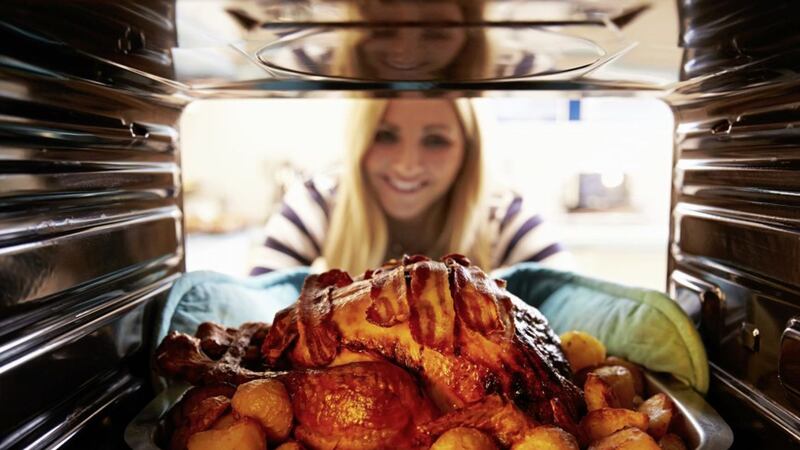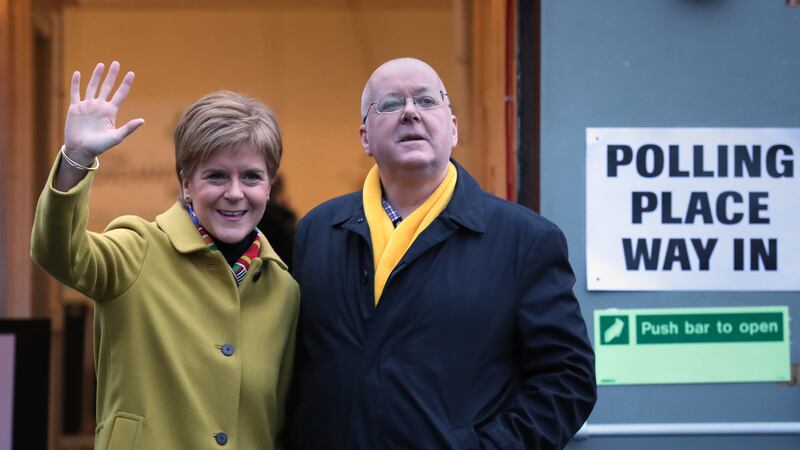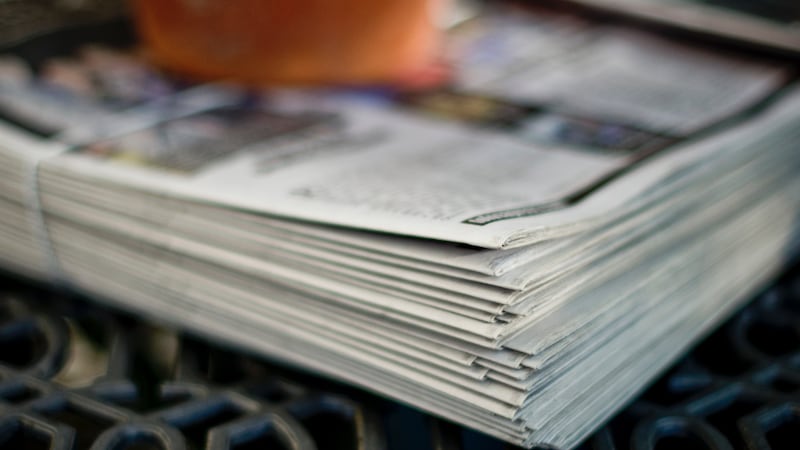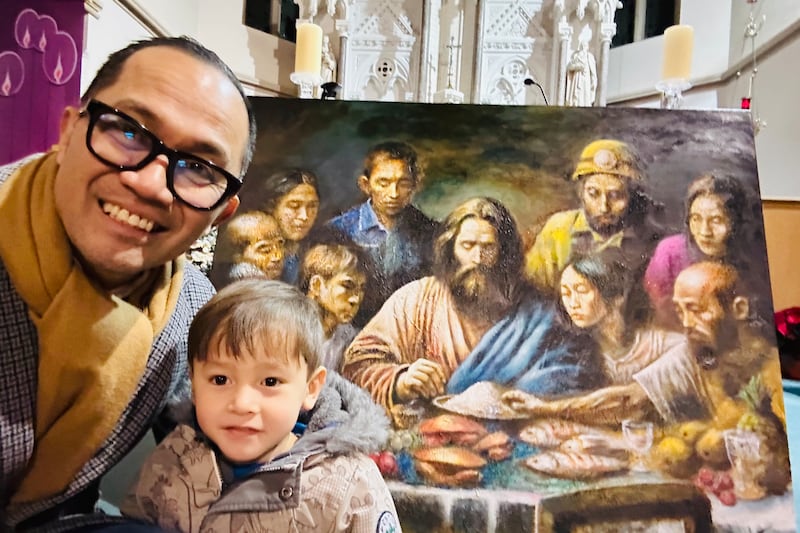Plans to allow families to reunite over Christmas will be thrashed out by the British government with the leaders of Northern Ireland, Scotland and Wales.
A Cobra meeting bringing together the British government and the devolved administrations will be held on Tuesday afternoon to agree on a four-nation approach to relaxing coronavirus restrictions over the festive period.
British Prime Minister Boris Johnson has acknowledged the risks involved in a Christmas relaxation, saying it is the “season to be jolly careful”, but is determined to give families the chance to meet up at the end of a grim year.
Scotland’s First Minister Nicola Sturgeon said there could be a “slight and careful” easing of the rules for a few days while Welsh Health Minister Vaughan Gething has suggested tough measures to control the virus before Christmas could allow “more headroom for the festive season”.
UK Transport Secretary Grant Shapps urged people to “look very carefully” at how they will go home for Christmas – and even consider not travelling.
“We have got to understand there are limitations to the (train) network caused by, for example, things like the need on some trains to pre-book tickets at this time, in order to prevent overcrowding,” he told the BBC.
“So we are going to be appealing to people to look very carefully at the transport route they take and of course even making a choice about whether they travel at all.”
First Minister Arlene Foster insisted last month that coronavirus will not keep families apart this Christmas.
The First Minister said it was important people were able to celebrate Christmas as they always do in Northern Ireland.
Last week the Stormont Executive agreed to tighter Covid-19 restrictions. A two-week "circuit-break" will begin on 27 November.
In England, the Government has already announced new tiered restrictions which will come into effect on December 2 and could last until the end of March – apart from any Christmas relaxation.
Health Secretary Matt Hancock said he hoped the roll-out of a vaccine would signal that life could go back to “normal” by Easter, on April 4 2021.
He also suggested that some habits encouraged during the pandemic, such as regular hand-washing, would continue.
Mr Hancock told a joint session of the Health and Social Care Committee and Science and Technology Committee that the “damaging social distancing interventions” could be lifted after Easter.
On Thursday, people in England will find out which tier they are being placed in once the lockdown ends.
More regions than before the lockdown are expected to face Tier 2 or Tier 3 restrictions, banning simple acts such as popping to the pub for a pint of beer or a glass of wine.
In Tier 2, alcohol can only be consumed with a “substantial meal” while in Tier 3 pubs and restaurants will only be able to offer takeaway or delivery services.
Dr Mike Tildesley, a member of the Scientific Pandemic Influenza Group on Modelling (SPI-M) which advises the Government, said he expected a lot of areas of England to emerge from lockdown into the highest tier as it was the best way of reducing the R value – the reproduction rate of the virus – to below one.
He told BBC Breakfast: “It may be initially we might see slightly more severe tiers but then when we start to see the effect of the lockdown, one to two weeks after the lockdown finishes on December 2, we might see some regions stepwise dropping down the tiers.”
In other developments:
– There were 2,466 deaths involving Covid-19 registered in the week ending November 13 in England and Wales according to the Office for National Statistics, the first time the figure has exceeded 2,000 since May.
– Professor Lucy Yardley, a member of the Government’s Sage scientific advisory panel, said there should be more focus on the way people mix inside homes – where people may let their guard down and cleaning may be less rigorous than pubs.
– Travellers arriving in England will be able to end their quarantine period with a negative coronavirus test after five days from December 15, Mr Shapps announced.







